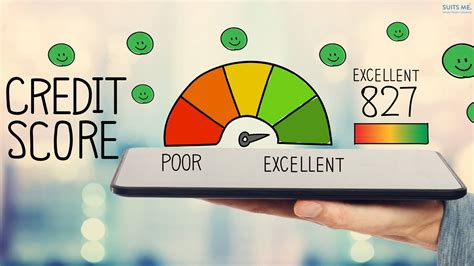How To Check Your Credit: A Comprehensive Guide
Knowing your credit score is crucial for making sound financial decisions. Whether you're planning to buy a house, a car, or even just applying for a credit card, your credit report plays a vital role. This guide will walk you through the process of checking your credit, explaining the different methods and what to look for.
Understanding Your Credit Report
Before diving into how to check your credit, let's understand what a credit report actually is. It's a detailed summary of your credit history, including:
- Personal Information: Your name, address, and social security number.
- Credit Accounts: A list of your credit cards, loans, and other credit lines, showing balances, payment history, and credit limits.
- Public Records: Information about bankruptcies, foreclosures, and other legal actions that affect your credit.
- Inquiries: Records of companies that have recently requested your credit report.
Why is your credit report important? Lenders use this information to assess your creditworthiness – your ability to repay borrowed money. A good credit score opens doors to better interest rates, lower insurance premiums, and easier loan approvals.
How to Check Your Credit for FREE
You're entitled to a free credit report from each of the three major credit bureaus – Equifax, Experian, and TransUnion – once a year through AnnualCreditReport.com. This is the official source, and it's important to use this site to avoid scams. Do not use any other website claiming to offer free credit reports, as these are often fraudulent.
Step-by-Step Guide to Obtaining Your Free Credit Report:
- Visit AnnualCreditReport.com: This is the only authorized website for free credit reports.
- Provide Your Information: You'll need to provide personal information to verify your identity.
- Request Your Reports: You can request reports from all three bureaus simultaneously or individually.
- Review Your Reports Carefully: Check for any errors or inaccuracies. Dispute any information you believe is incorrect.
Important Note: While the report is free, you may need to pay a small fee for expedited delivery.
Beyond the Free Annual Report: Understanding Your Credit Score
While the annual free report shows your credit history, it doesn't always include your credit score. Your credit score is a numerical representation of your creditworthiness, typically ranging from 300 to 850. Higher scores indicate better credit. Many credit card companies and other financial institutions offer free credit score access with their services. This is often a benefit of having an account with them.
What to Look For in Your Credit Report
When reviewing your credit report, pay close attention to the following:
- Accuracy: Verify that all the information is correct. Incorrect information can negatively impact your score.
- Payment History: Your payment history is a significant factor in your credit score. Ensure all payments are accurately reflected.
- Credit Utilization: This refers to the amount of credit you're using compared to your available credit. Keeping utilization low is important.
- Hard Inquiries: These are inquiries made by lenders when you apply for credit. Too many hard inquiries can lower your score.
Dealing with Errors on Your Credit Report
If you find any errors on your credit report, you have the right to dispute them. Each credit bureau has a process for submitting a dispute. This usually involves submitting documentation that proves the error.
Regularly Monitoring Your Credit
Checking your credit is not a one-time event. Regularly reviewing your credit report and score can help you identify and address any potential issues early on. This proactive approach can help you maintain a healthy credit history and achieve your financial goals.
By following these steps, you can effectively check your credit and take control of your financial future. Remember, understanding your credit is key to making smart financial decisions.
